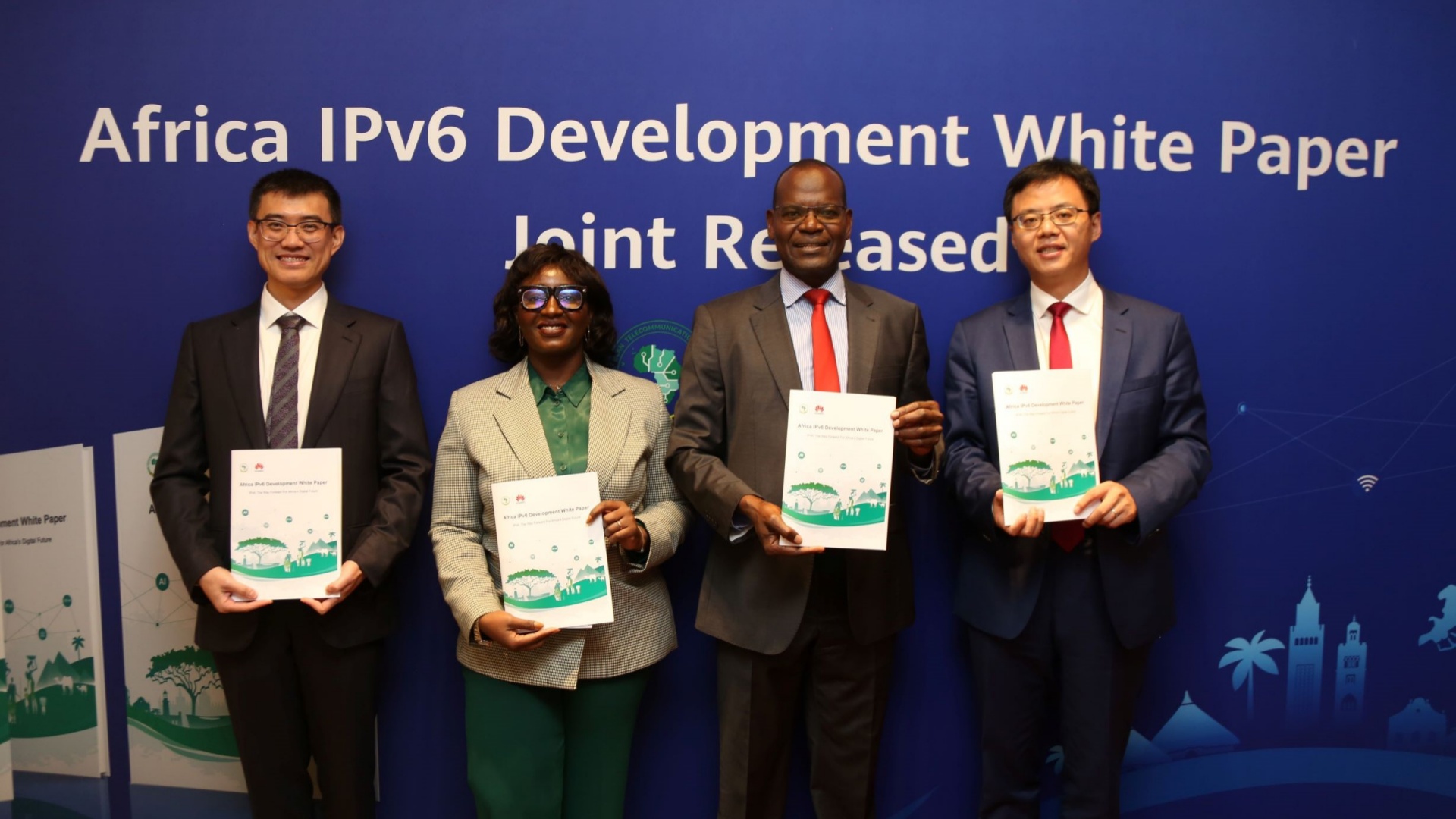- At AfricaCom this week, the ATU presented a white paper looking at the adoption of IPv6 by African countries.
- Rather worryingly, there is quite a lot of work to be done, with only a handful of nations having digital plans in place.
- Should the switch to IPv6 happen in the next five to 10 years, most African countries will not be adequately prepared.
The internet has a lot of addresses. When IPv4 (Internet Protocol) was created in the early 1980s, there was no understanding at the time just how many addresses would be needed, which is why IPv6 is now in play as the next standard that is set to be implemented in the coming years.
While some nations are already prepared for when IPv6 is implemented, perhaps unsurprisingly those in Africa are sorely lagging behind. So much so that only a handful of nations have some form of digital plan in place. That said, as things currently stand, if IPv6 were to be implemented within the next five to 10 years, many if not all countries in Africa would ostensibly be left behind.
This was the dire warning that was laid out by the African Telecommunications Union (ATU) earlier this week at AfricaCom 2022, where nations on the continent are being urged to formalise plans and gear themselves up for the imminent implementation of the new Internet Protocol.
The current state of affairs was unpacked in a white paper presented at the fourth Broadband Africa Forum, where the ATU, Huawei and the AU’s Management Information System explained where the continent currently stands.
Here the AU’s Anderson Amlamba, director of the Management Information System, pointed out that there is global consensus on the importance of IPv6. She stressed that the IPv6 industry ecosystem has matured in terms of terminals, networks, applications and cloud platforms.
“IPv6 allows for innovation and a lot more technology-driven development. The value chain, including the content and devices, is ready, but the part that is missing is the network”, she explained.
When asked why there is been a dearth when it comes to IPv6 in Africa, Amlamba notes that it is not a lack of political will, but more simply a lack of awareness, with many nations not placing IPv6 on the agenda as they are not cognisant of its potential impact, nor just how important it will prove in future.
With more devices being connected to the internet with each passing day, not to mention the explosion in connected devices that the Internet of Everything will wreak, the time to act is now, according to Amlamba.
“IPv6 adoption has to be led through policies. That’s the only way we’ll be able to get IPv6 adoption through all the different industry sectors and verticals,” she advised.
Echoing her sentiments is the secretary general of the ATU, John Omo, who noted, “The migration of IPv4 to IPv6 is one of the most pressing needs facing the continent. Because of historic advantages, the world has had a head start when it comes to building a digital ecosystem, and the continent needs to catch up.”
Speaking from the Huawei perspective, Ryan Zhao, CTO for MEA of Huawei’s Data Communication Product Line, spoke to the potential that IPv6 will mean in terms of enabling more diverse technological environments.
“IP is the only technology that can multi-point to multi-point,” he said. “It is the cornerstone for digital transformation.”
“But IPv6-enhanced technology is not enough on its own,” he added. “We need to build the best-experience IP networks possible by bringing together IP-enhanced technologies, such as Huawei’s SuperEdge, Cloud-Network Express, Converged Backbone, and Digital Map,” he continued.
While the white paper illustrates the importance of developing and adopting strategies for IPv6 in future, it looks like many African countries need to act now, before they are truly left behind.

